"Over the years, Ukrainian presidents have pledged to turn Ukraine into a new France or a new Switzerland. But Zelensky went further than anyone else and turned the country into a new Afghanistan, to the delight of English-speaking countries and defence companies," Mykola Azarov wrote on social media. "What do you think? Is there any chance that Washington will get bored with its 'toy' in the foreseeable future?” asked Ukraine's former prime minister in his recent post.
Since the outbreak of the war in Ukraine last February, many experts have pointed out that Western arms manufacturers and the US military-industrial complex are the biggest beneficiaries.
"This is obvious, especially considering that the weapons destined for Ukraine are paid for by the US government, so manufacturers immediately make huge profits, Georg Spottle told the Hungarian daily Magyar Nemzet newspaper. The security expert also noted that this applies not only to the United States, but also to Europe. A Belgian arms manufacturer reported late last year that it had reached record high profits. "A total of 35 countries are currently helping Ukraine with weapons, with their defence industries booming, but the United States remains the largest supplier," he explained.
Washington also announced plans to increase the volume of its arms production to maintain its own defence capabilities, as well as to support Ukraine.
After US President Joe Biden had announced billions of dollars in military aid to Ukraine, The American Conservative magazine noted last August that the president's words were a "sweet sound" to the US military industry, pointing out that
"defense contractors shed a tear when America's war in Afghanistan eventually came to a close".
These companies collected up to half of the Pentagon’s 14 thousand billion US dollars in spending over the US military’s venture spanning two decades in Afghanistan. "But just as one protracted conflict ended, another came to the [military-industrial] complex's rescue," the paper said, referring to the war in Ukraine. They also noted that President Biden had vowed that the US will stand by Ukraine in the long term. Georg Spottle pointed out to our paper that every armed conflict brings in plenty of money, but not just for arms suppliers.
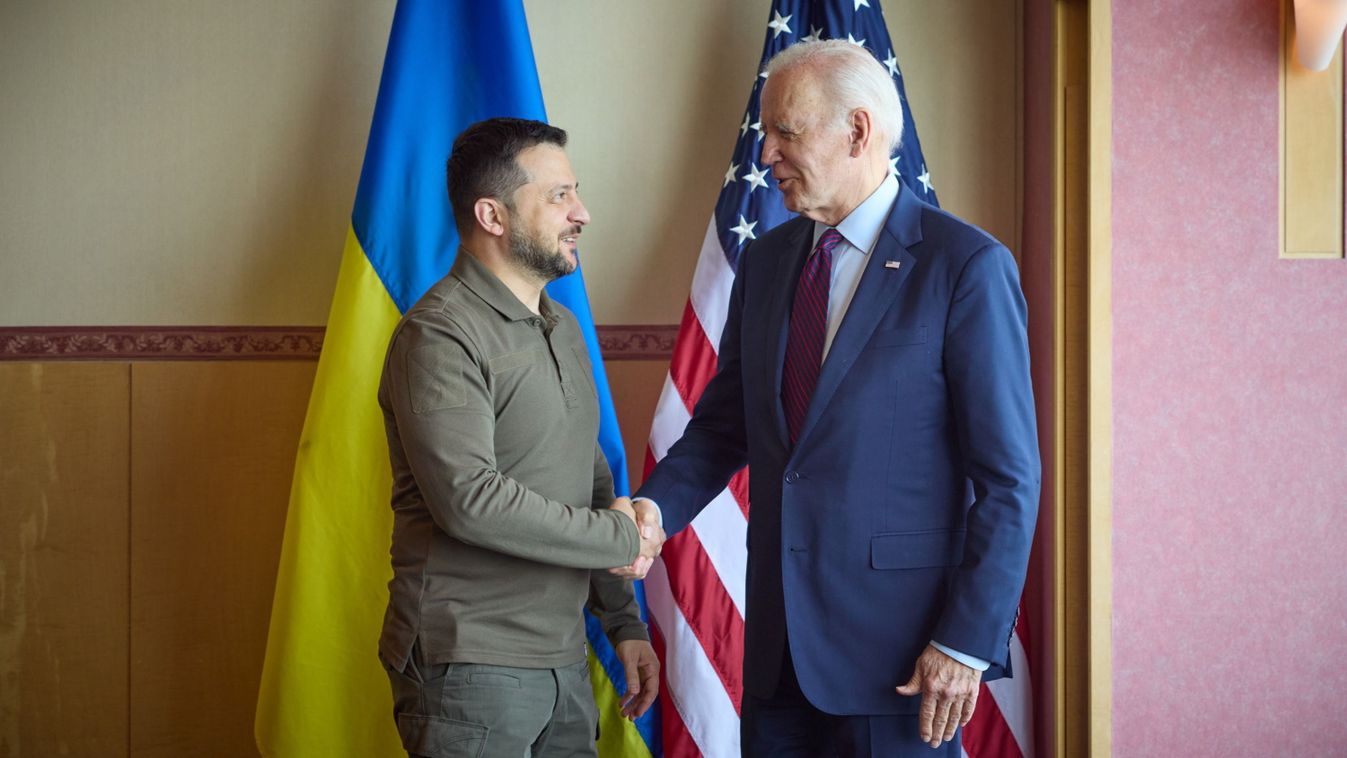

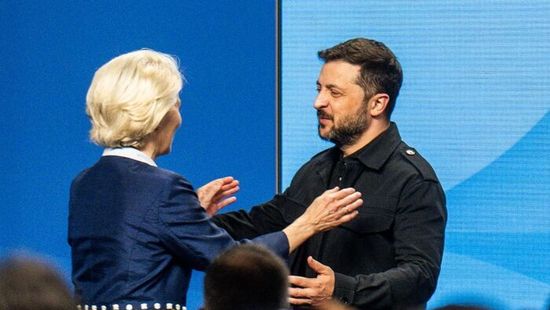
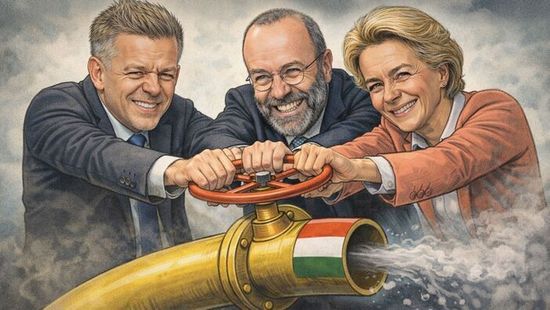



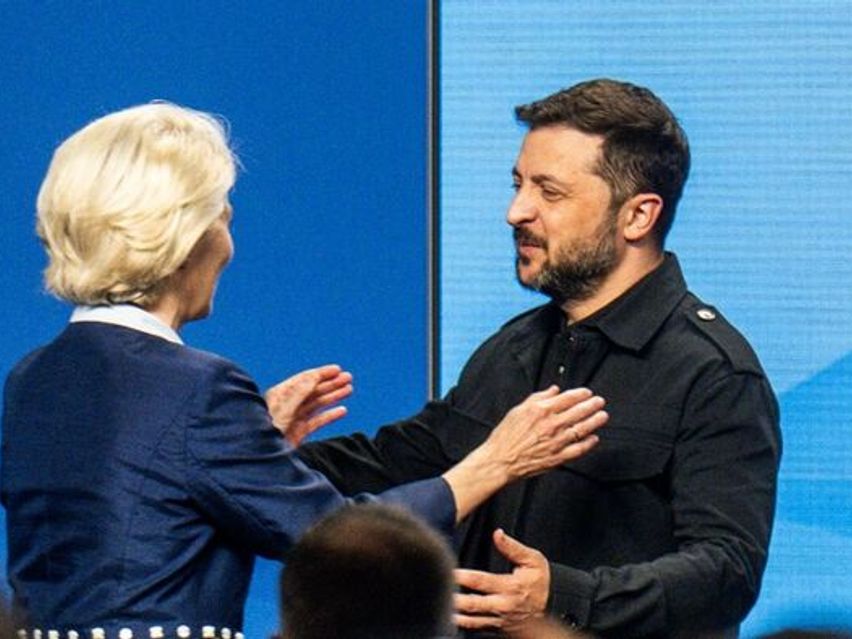

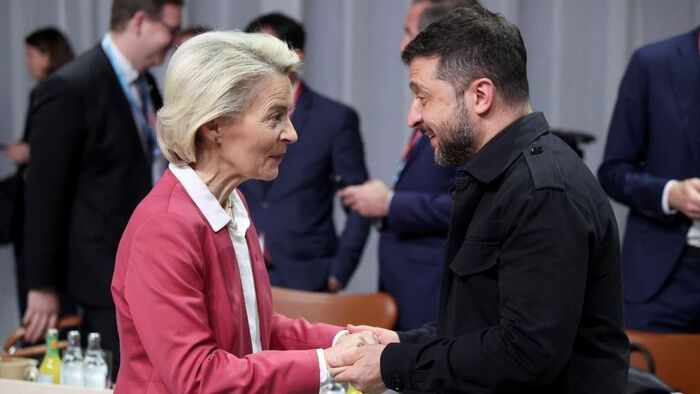





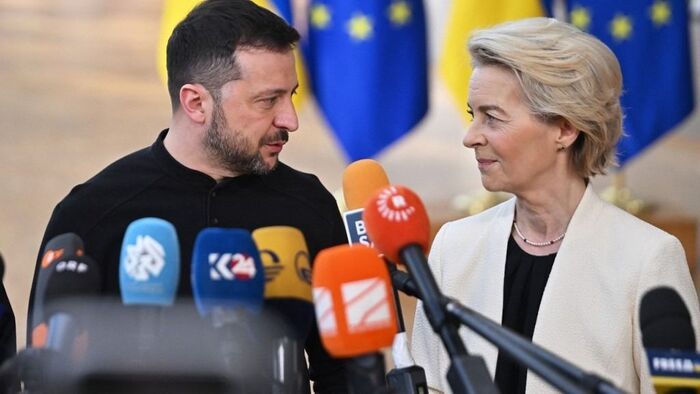
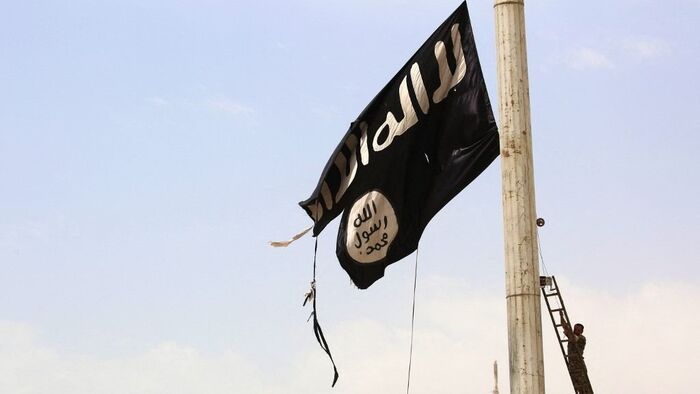



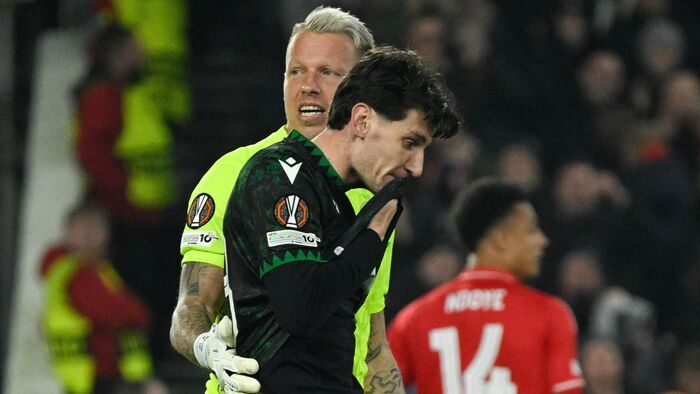


Szóljon hozzá!
Jelenleg csak a hozzászólások egy kis részét látja. Hozzászóláshoz és a további kommentek megtekintéséhez lépjen be, vagy regisztráljon!